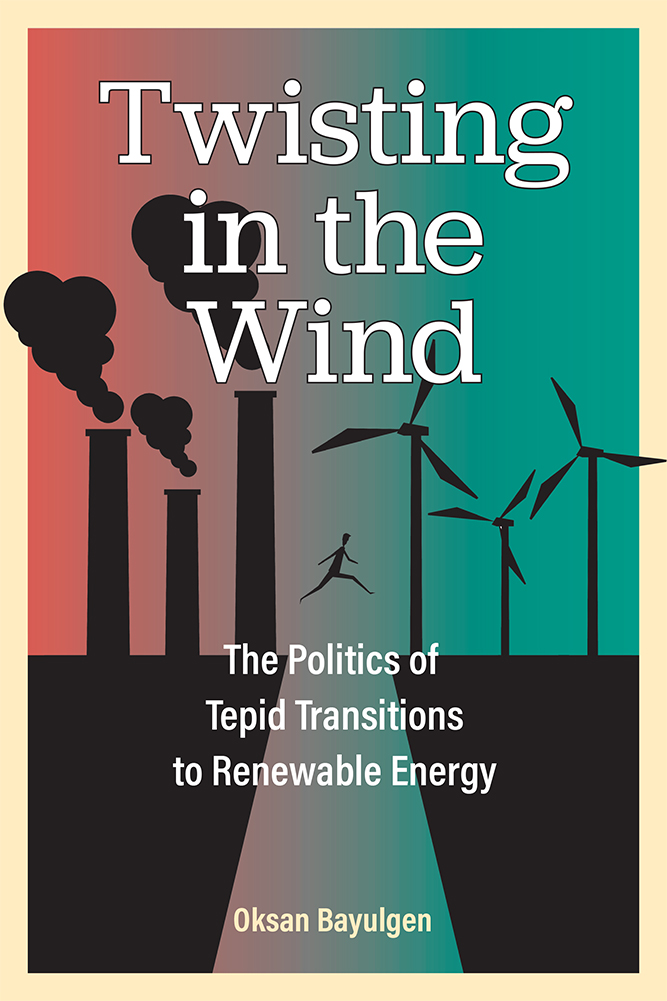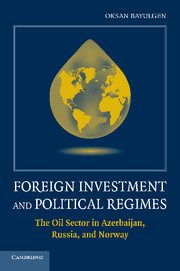Twisting in the Wind: The Politics of Tepid Transitions to Renewable Energy

Why do governments insist on fossil fuels? Why do renewables face uncertain and inconsistent legal and regulatory circumstances that slow their market-share growth against fossil fuels? Oksan Bayulgen studies the political determinants of partial energy reforms that result in tepid energy transitions and shifts the geographical focus from front-runner countries of energy innovation to developing countries, which have become the largest carbon emitters in the world. Her in-depth case study of energy policies in Turkey over the past two decades demonstrates that energy transitions are neither inevitable nor linear and that they are often initiated if and only when promoting renewables is in the interests of governing elites and stall when political dividends associated with energy rents change. This book contributes to the debates on the nature and pace of energy transitions by analyzing the power dynamics and political institutions under which energy reforms are initiated and implemented over time. This timely topic will be of interest to scholars, policymakers, energy investors, and anyone interested in environmental studies.
Foreign Investment and Political Regimes: The Oil Sector in Azerbaijan, Russia, and Norway

Political democratization and economic globalization have been two of the most important global trends of the past few decades. But, how are they connected? Do the domestic political institutions affect a country’s attractiveness to foreign investors? Can countries that democratize attract relatively more foreign investments? Drawing on three in-depth case studies of oil-rich countries and statistical analyses of 132 countries over three decades, Oksan Bayulgen demonstrates that the link between democratization and FDI is nonlinear. Both authoritarian regimes and consolidated democracies have institutional capabilities that, though different, are attractive to foreign investors. Democracies can provide long-term stability, and authoritarian regimes can offer considerable flexibility. The regimes that have started on the road to democracy, but have not yet completed it, tend to have political institutions that provide neither flexibility nor stability. These hybrid regimes, then, also find it relatively more difficult to construct a policy environment that is attractive to foreign investments. These findings have deep implications for the link between democratization and globalization, but also how globalization may affect political, social, and economic development.